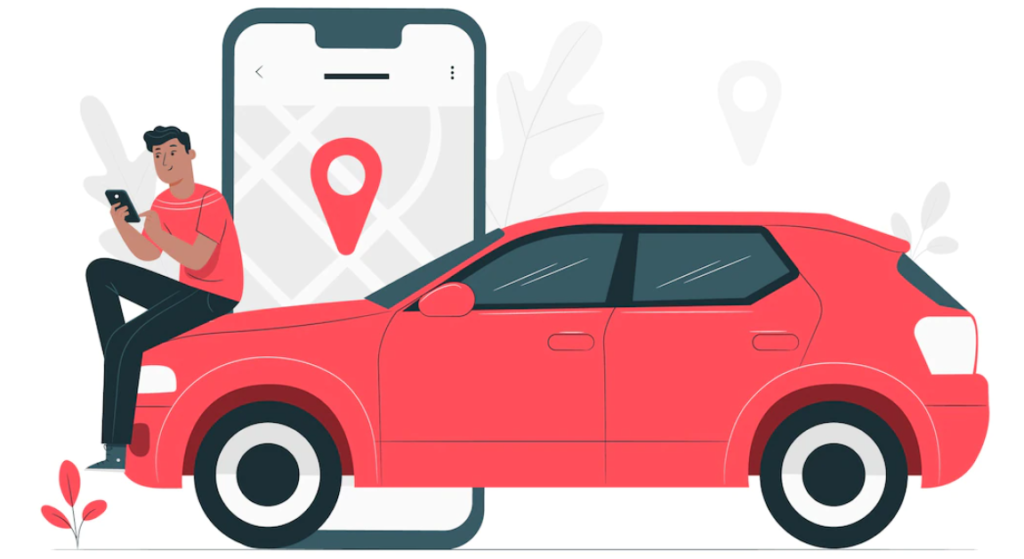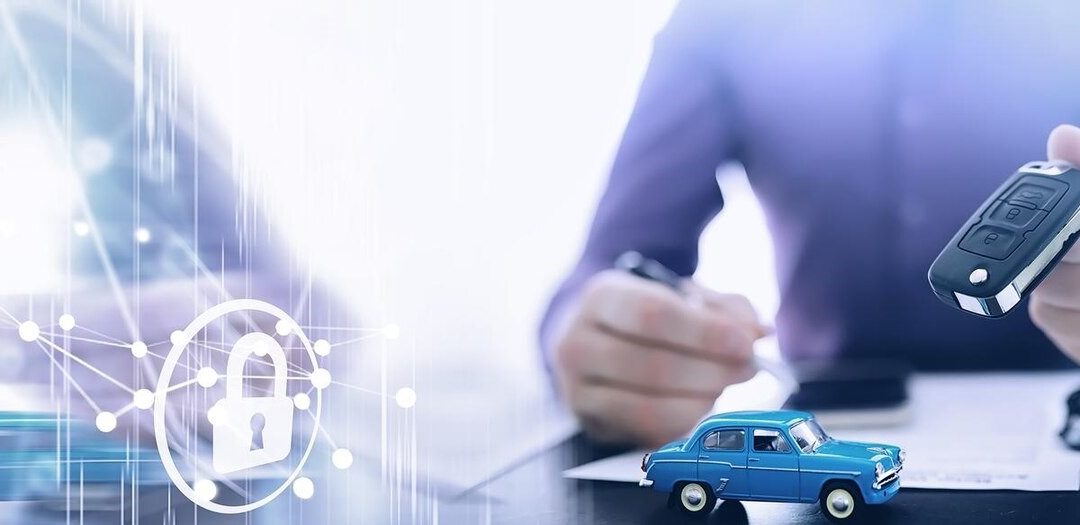An Introduction
Your vehicle must be registered with the Department of Motor Vehicles (DMV) in California if you’ve just purchased it or relocated here from another state. Learn the following steps to register a vehicle in California in this article!
What is Vehicle Registration?
States use vehicle registrations to identify the owner of a vehicle and gather the information that may be used to catch crimes or collect taxes. After paying a fee, a registration certificate and license plates are sent out. Therefore, you must always have your vehicle’s registration certificate with you while driving.
Why is it essential to register a vehicle in California?

To drive legally, you must have a driver’s license, car insurance, and vehicle registration. In addition, a police officer will typically request your driver’s license and vehicle registration when you are stopped. Therefore, vehicle registration is an absolute must to drive in California.
The registration of automobiles is governed by state legislation in several states. For example, you must register your car in California if you want to be in good standing on the road.
In the process of registering an automobile, you are attaching yourself to the exact vehicle and place. Therefore, a registration charge is to be paid when you register your car.
Registration of Vehicles in California
In most cases, if you purchased your vehicle from a dealership, they will handle the whole registration procedure. You will get a temporary registration card and stickers from the DMV while you await your permanent registration card and stickers. Before buying, verify if the dealership can register automobiles. If they don’t, you’ll need to follow the steps outlined below. A private party purchase complicates the procedure of registering a vehicle. When you buy a car, the DMV gives you ten days to register it (or face late fees). Therefore, making an appointment with the DMV and bringing the relevant papers are the only ways to complete your first registration.
- An Application for Title or Registration has been completed (Form REG 343).
- Title to the Automobile (with Odometer Mileage if a vehicle is under ten years old).
- A Current Smog Check Report (if the vehicle is over four years old).
- Invoices for Charges.
To get your vehicle’s VIN, you’ll need to visit the DMV. Thereafter, you will receive your registration card, stickers, and license plates after completing the registration process.
Our Services
Registration Renewal
Registration Renewal
Learn More
Title Transfer
Title Transfer
Learn More
Out of State
Out of State
Learn More
VIN Verification
VIN Verification
Learn More
Fleets and Dealers
Fleets and Dealers
Learn More
DOT, CA and MCP
DOT, CA and MCP
Learn More
California Resident:
- You’re a legal resident of California since you’re working there.
- Tax exemptions are claimed for a California residence.
- In California, you may choose to lease or rent an apartment or a house.
- This includes things like a driver’s license or voter registration application.
- Your dependents are enrolled in the state’s educational system.
- Military personnel and their families are exempt from the regulations mentioned above.
Contact your local DMV office immediately after you become a California resident and submit:
- Form REG 343 signed by all owners or a third party, together with lienholder information, if applicable, for titling and registration of your vehicle.
- Form REG 4008 for commercial vehicles must be completed and ready to travel.
- To be allowed to drive on public highways, trailers must be registered using Form REG 4017.
- Proof that the car is insured.
- People moving to California want to bring their out-of-state registration or title with them.
- The car registration is non-transferable for individuals who do not register for a CA title simultaneously; thus, this is not required.
Reviews On Yelp
Vehicle Registration for those not living in California:
- A vehicle registration renewal that shows that the vehicle was registered in another state may also be used.
- If necessary, provide a weight certificate.
- If applicable, a smog/emissions certificate.
- All pending taxes and fees have been paid.
DMV field office workers will carry out the VIN and physical inspection of the vehicle. Then, with your CA title or registration certificate, as well as your license plate and car registration sticker, you’ll be on your way!
Converting a Non-Transferable Registration to Transferable
Non-transferable registration is issued to automobiles registered at the California field office that originate from outside the state without evidence of ownership. A California car title cannot be issued to such automobiles. To purchase an automobile with a non-transferable registration, you must first convert it to a transferable registration card.
You may accomplish this by going to your local DMV office and submitting:
- It is the current registration card that is non-transferable.
- The vehicle’s final nameplate name.
- In order to apply for a new or paperless title, if the Automobile was initially titled in California, you must submit Form REG 227 or contact the Department of Motor Vehicles DMV.
- Applicants seeking registration of a previously owned vehicle must submit a completed Form REG 343 application together with a Bill of Sale.
- The odometer will indicate zero if the vehicle is less than ten years old.
- If applicable, a current smog certificate.
- If the car registration is due for renewal in the next 30 days, you must pay the renewal amount.
- Payment of any outstanding transfer fees or citations.
Vehicle Registration Fees
You may be charged various costs when you register for a course. The circumstances of each instance are unique. If you buy a vehicle from a dealer, you’ll have to pay these costs. If you acquired your car from a private party, you must pay the DMV directly. The following fees must be paid by every vehicle:
- The fee to register is $46.
- Cost: $23 for California Highway Patrol.
It is possible for existing and potential California residents to get an idea of their registration costs by using the DMV’s Vehicle Registration Fee Calculator. For instance, if you purchase a car from a private party and do not register it in ten days, you will be subject to late costs. Likewise, failure to register your car with the DMV within 20 days of establishing residence in California will incur a late charge as well.
The Bottom Line
If you have purchased a vehicle in California or have just arrived, you must register it with the DMV. In order to be a safe and responsible driver in California, you’ll need to be sure you have correctly got your vehicle registered. Check out the website of 1 Stop Auto Registration for additional information!









